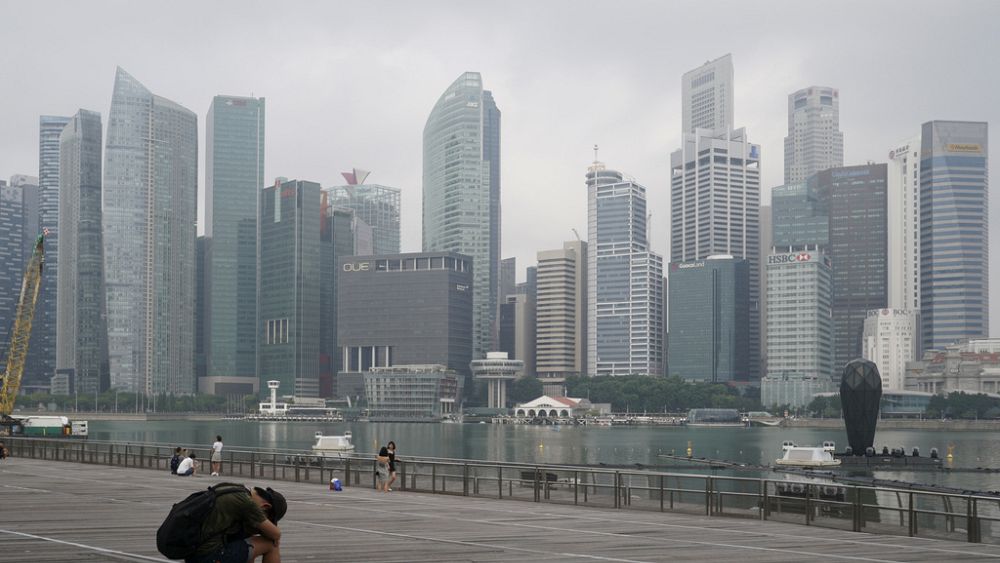
Saridewi Djamani, a 45-year-old citizen, was sentenced to death in 2018 for trafficking nearly 31 grams of diamorphine, or pure heroin.
In a statement, the Central Narcotics Bureau said the amount was, “sufficient to feed the addiction of about 370 abusers for a week.”
Singapore’s laws mandate the death penalty for anyone convicted of trafficking more than 500 grams of cannabis and 15 grams of heroin.
Djamani’s execution came two days after that of a Singaporean man, 56-year-old Mohammed Aziz Hussain, for trafficking around 50 grams of heroin.
The narcotics bureau said both prisoners were accorded due process, including appeals of their conviction and sentence and petition for presidential clemency.
Human rights groups, international activists and the United Nations have urged Singapore to halt executions for drug offences and say there is increasing evidence it is ineffective as a deterrent. Singapore authorities insist capital punishment is important to halting drug demand and supply.
Since resuming hangings in March 2022, Human Rights groups say Singapore has executed 15 people for drug offences – approximately one person a month.
Anti-death penalty activists said the last woman known to have been hanged in Singapore was 36-year-old hairdresser Yen May Woen, also for drug trafficking, in 2004.
According to the Transformative Justice Collective, a Singapore group which advocates for the abolishment of capital punishment, a new execution notice has been issued to another prisoner for the 3 August, making it the fifth this year alone.
The group said the prisoner is an ethnic Malay citizen who worked as a delivery driver before his arrest in 2016. He was convicted in 2019 for trafficking around 50 grams of heroin, it said.
Although the court found he was merely a courier, the man was still given the death penalty, the mandatory sentence for such an offence.
Critics say Singapore’s harsh policy merely punishes low-level traffickers and couriers, who are typically recruited from marginalised groups with vulnerabilities. They also add that the city-state is out of step with its neighbouring countries, which are moving away from capital punishment.
Neighbouring Thailand has legalised cannabis while Malaysia ended the mandatory death penalty for serious crimes this year.





